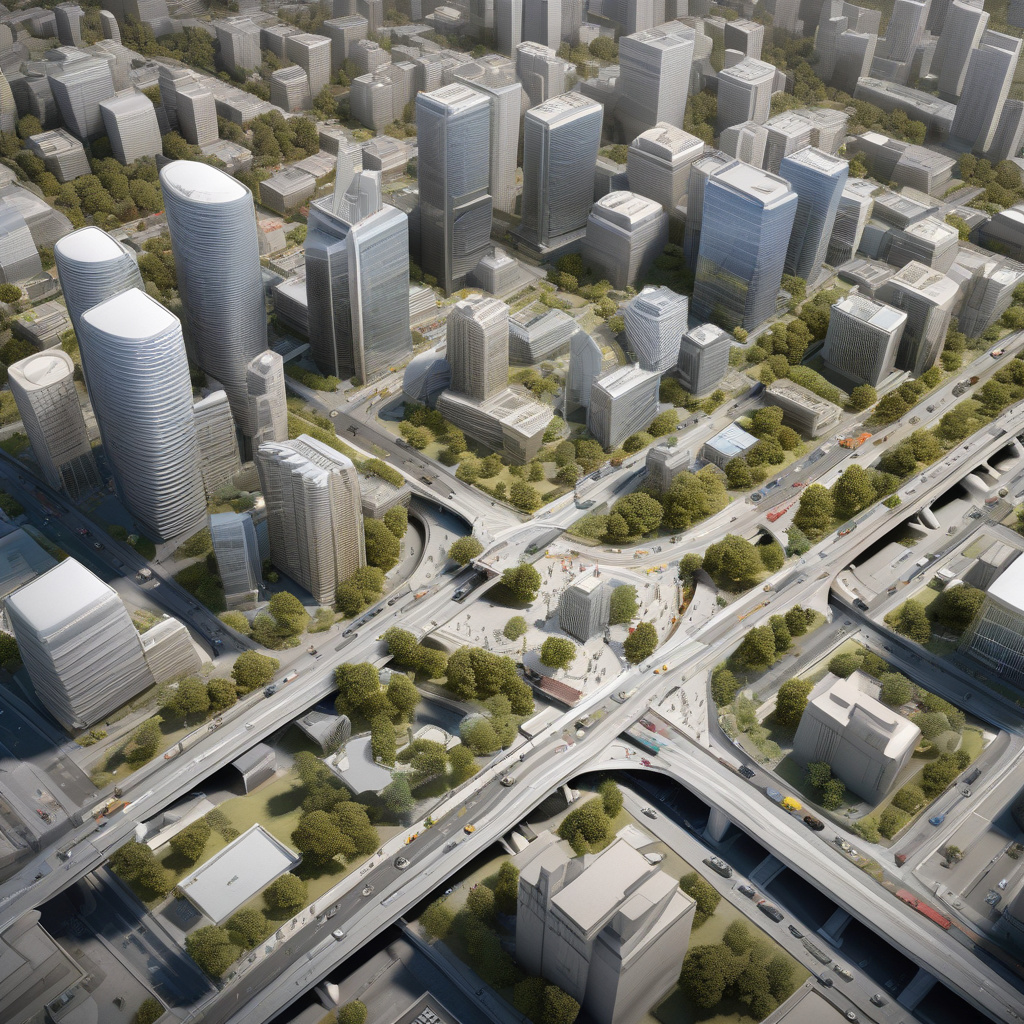Building a Smarter Future: Google and World Bank Collaborate to Revolutionize Public Infrastructure
In a groundbreaking partnership, tech giant Google and global financial institution World Bank have joined forces to harness the power of artificial intelligence (AI) in transforming public infrastructure. This collaboration marks a significant step towards modernizing essential sectors such as healthcare, agriculture, and education, with the aim of enhancing efficiency and driving sustainable development on a global scale.
At the core of this alliance lies Google’s cutting-edge AI platform, Gemini. Known for its advanced capabilities in machine learning and data analysis, Gemini has already demonstrated its potential in revolutionizing various industries. By combining Google’s technological prowess with the World Bank’s deep-rooted expertise in international development, the partnership seeks to leverage AI-driven solutions to address critical challenges faced by public infrastructure systems worldwide.
One of the key areas of focus for this collaboration is healthcare. With the rising demand for quality healthcare services and the increasing complexity of medical data, there is a growing need for innovative solutions to streamline processes and improve patient outcomes. By integrating Gemini’s AI capabilities into healthcare infrastructure, stakeholders can unlock new opportunities for precision medicine, predictive analytics, and personalized patient care.
In the agricultural sector, AI-driven technologies have the potential to revolutionize farming practices and enhance food security. By leveraging data analytics and machine learning algorithms, farmers can make more informed decisions regarding crop management, resource allocation, and sustainability practices. This not only boosts agricultural productivity but also promotes environmental conservation and resilience in the face of climate change.
Furthermore, the education sector stands to benefit significantly from the integration of AI into public infrastructure. By harnessing the power of personalized learning models, educational institutions can cater to the diverse needs of students and optimize the learning experience. From adaptive learning platforms to AI-powered tutoring systems, these innovations have the potential to revolutionize the way knowledge is imparted and acquired, paving the way for a more inclusive and effective educational ecosystem.
The collaboration between Google and World Bank underscores the transformative potential of AI in reshaping public infrastructure for the better. By harnessing data-driven insights, automation, and predictive analytics, stakeholders can unlock new opportunities for growth, efficiency, and sustainability across various sectors. As the world continues to embrace digital transformation, initiatives like this serve as a testament to the power of innovation in driving positive change on a global scale.
In conclusion, the partnership between Google and World Bank represents a significant milestone in the journey towards building a smarter, more interconnected future. By harnessing the capabilities of AI-driven technologies, public infrastructure can be modernized, optimized, and made more resilient to meet the evolving needs of society. As we look ahead to a future powered by innovation and collaboration, initiatives like this serve as a beacon of hope for a more sustainable and inclusive world.
#AI, #Google, #WorldBank, #PublicInfrastructure, #DigitalTransformation
